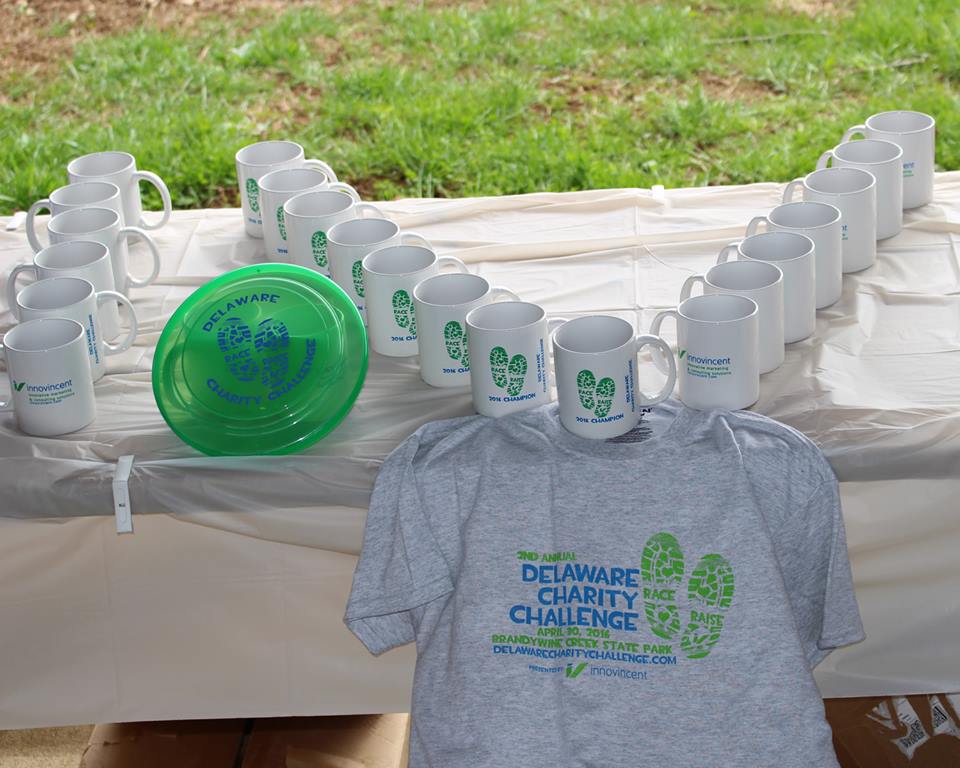In October 2008, The Fostering Connections to Success and Increasing Adoptions Act of 2008 ("Fostering Connections Act") became federal law. In relevant part, the Fostering Connections Act requires states to exercise due diligence to identify and notify adult relatives within 30 days of children entering the foster care system. State child welfare agencies who fail to do so risk losing federal funding.
There are countless compelling stories from around the country of relatives who did not know that their grandchildren, nieces, nephews, or siblings had been placed into foster care until well after they had been placed or even adopted by a non-relative. By requiring identification and notice, the Fostering Connections Act seeks to involve relatives earlier in the process and tries to keep families together.
Section 103 of the Fostering Connections Act, Notification of Relatives, requires:
…within 30 days after the removal of a child from the custody of the parent or parents of the child, the State shall exercise due diligence to identify and provide notice to all adult grandparents and other adult relatives of the child (including any other adult relatives suggested by the parents), subject to exceptions due to family or domestic violence,…
According to the policies and practices of the Delaware Department of Services for Children, Youth and Their Families, the Division of Family Services ("DFS") notifies relatives of their rights by letter mailed to their last known address.
This letter, which is commonly referred to as a "Relative Notification Letter," informs grandparents and other adult relatives of the name of the child currently in foster care and identifies several options for how the relative can remain involved in the child's life.
These options include:
Becoming a relative placement;
Becoming the legal guardian;
Becoming a foster parent for the child; and
Visitation and/or contact with the child.
Relatives may also be invited to attend a Team-Decision Making Meeting prior to a child entering DFS custody for the express purpose of trying to avoid a foster care placement.
If you are a relative interested in becoming a relative caregiver, legal guardian or foster parent for a child in DFS's custody, you should get involved as early in the process as possible. Do not delay in contacting the assigned DFS investigative or treatment worker to express your interest.
As an attorney who specializes in this area, I hear all the time from relatives that they thought the parent was doing what they were supposed to be doing to be reunified with their child and that is the reason they did not come forward sooner. Sadly, a delay, even for the right reasons, can have dire consequences: termination of parental rights and non-relative adoption.
Furthermore, for most children, there is a stigma attached to being in foster care that does not exist if placed in a relative's home. Research also shows that children fare better in a relative's home than in a foster care placement. As for the parents, they may still be entitled to reunification services offered by DFS even if the child is placed in a relative's home.
If you are a grandparent or relative of a child in foster care and wish to know more about your rights, consider scheduling an initial consultation with a family law attorney who specializes in this area.








